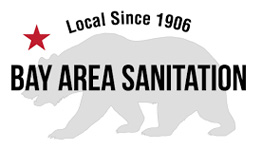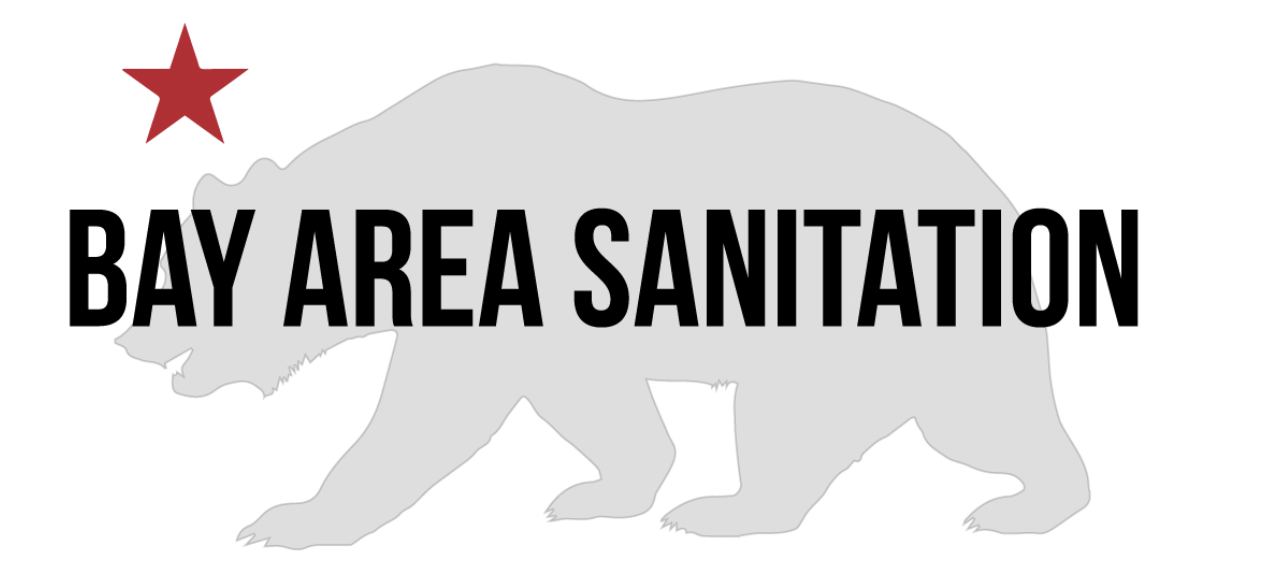Unraveling the Keyword Conundrum: Why are Keywords Vital?
In the digital marketing landscape, understanding the importance of the right keyword can pave the way to online success. Keywords act as the bridge between what people are searching for and the content we provide to fill that need. By tapping into the language and phrases our audience uses, we effectively place our services squarely in the path of those seeking them. This alignment is crucial for driving organic traffic, increasing visibility, and ultimately improving search engine rankings.
Imagine being in the same room as someone looking for services just like ours, but because we aren’t speaking in a language they understand—keywords—they can’t find us. Keywords open that line of communication, ensuring we are heard and found. In essence, keywords are the cornerstone of any robust SEO strategy.
Harnessing the Power of Keyword Research: How to Begin?
Before we dive into the world of content creation and optimization, it’s vital to conduct comprehensive keyword research. This process begins by identifying the terms and phrases that potential customers use when seeking services like ours. Tools such as Google Keyword Planner, SEMrush, and Ahrefs are instrumental in this discovery phase. They help unveil search volumes, competition, and even the trends associated with specific keywords.
Starting with a broad list, we can narrow it down by relevance, search volume, and competition. The goal is to find a sweet spot where high search volume meets low competition—giving us the opportunity to dominate that niche. Additionally, understanding user intent behind the searches allows us to tailor our content to match precisely what our audience needs, fostering higher engagement and conversion rates.
Exploring the Role of Keywords in SEO and Ranking High in Google Search
Keywords play a pivotal role in how search engines, particularly Google, index and rank our website. When done correctly, keyword integration can significantly enhance our site’s visibility and ranking on search engine results pages (SERPs). Google’s algorithms evaluate numerous factors to determine the relevance and authority of a page, and keyword usage is a key component of this evaluation.
However, it’s not just about inserting keywords arbitrarily—context and relevance are critical. The content around the keywords needs to be valuable and pertinent to the searcher’s query. Effective SEO leverages keywords in a way that feels natural and informative, ensuring a seamless user experience while signaling to Google that our content is worth ranking highly.
Furthermore, staying updated on the latest SEO trends, such as semantic search and the increasing importance of user experience, can help us refine our keyword strategy continually. This dynamic approach ensures we remain competitive in the ever-evolving digital landscape.
Setting up for Success: Keyword Placement Best Practices
When striving to rank high in Google search, keyword placement holds significant importance. Optimal keyword placement begins with your webpage titles and headings, as these areas are prioritized by search engines. Moreover, embedding keywords within your meta descriptions can enhance click-through rates as users often decide to click based on these snippets.
Beyond titles and descriptions, ensure that keywords naturally appear within your content’s first 100 words. Including them early signals to search engines about the primary topic of the page. Furthermore, integrating keywords into subheadings (H2s and H3s) can further bolster your SEO efforts.
Remember, readability is crucial. Overstuffing keywords disrupts the flow and can deter visitors, leading to higher bounce rates. Use keywords judiciously within the body, image alt texts, and URLs without compromising the overall user experience.
Avoiding Overkill: Striking the Right Keyword Density Balance
Keyword density refers to the percentage of times a keyword appears in your content relative to the total word count. Striking the right balance is essential for top search engine rankings and optimal user experience.
Maintaining a keyword density between 1% and 2% is recommended. This translates to one or two mentions of the keyword per 100 words. Overusing keywords can lead to what is known as ‘keyword stuffing,’ a practice frowned upon by Google which can result in penalties and lower rankings.
Regularly review your content with keyword density tools. This ensures your content remains optimized while keeping updated with changes in search engine algorithms. Additionally, using synonyms and related phrases can diversify your content and improve readability without compromising relevance.
Advancing with Long-tail Keywords: Are They the Secret to Winning Google’s Top Spot?
Long-tail keywords are highly targeted phrases that typically contain three or more words. They are less competitive than short, generic keywords and often have higher conversion rates. Their specificity makes them valuable, especially when targeting niche markets or detailed user queries.
- Higher Conversion Rates: Users searching for long-tail keywords are often further along in the buying process, making them more likely to convert.
- Less Competition: With fewer sites targeting these phrases, ranking for long-tail keywords is generally easier.
- Improved User Experience: Long-tail keywords tend to match the user’s intent more precisely, offering a more relevant and satisfying search result.
Implementing long-tail keywords within your content not only aids in ranking higher in search results but also attracts a more targeted audience. Engage in thorough keyword research to identify opportunities to leverage long-tail keywords effectively. This strategic approach can be a game-changer in your SEO strategy.
Did you know that long-tail keywords, often more specific phrases, can significantly improve search rankings by targeting niche demographics and reducing competition?
Keyword Mapping: Envisioning your Journey to the Top of Google Rankings
In our quest for SEO excellence, keyword mapping serves as our guiding star. By strategically assigning keywords to specific pages and content types, we can ensure a coherent and effective approach to improving our search engine visibility. This not only helps our users find the information they need but also enhances the overall user experience on our site. As Bay Area Sanitation, we strive for precision in identifying and utilizing the terms that align perfectly with our audience’s search intent, driving organic traffic towards our porta-potty rentals.
Better Safe Than Sorry: Avoiding Google Penalties Plus Modern Keyword Missteps
While keywords are pivotal for search rankings, it’s imperative that we adhere to best practices to avoid any penalties from Google. Over-optimization, keyword stuffing, and using irrelevant terms can lead to penalization, which would negatively impact our rankings. At Bay Area Sanitation, we believe in maintaining a natural flow in our content, ensuring that keywords are seamlessly integrated. By staying updated with Google’s algorithm changes and adhering to their guidelines, we can avoid common pitfalls and maintain a strong, penalty-free online presence.
Mastering the Ecosystem of Keywords: What’s Next?
Having mastered the basics, it’s vital to keep evolving our keyword strategy. The digital landscape is ever-changing, and continuous learning and adaptation are crucial. Exploring new trends, utilizing advanced keyword research tools, and regularly updating our content can help us stay ahead. By leveraging data analytics, we can gain insights into user behavior and emerging search patterns, enabling us to refine our approach. As we continue to enhance our understanding of how keywords function in the broader SEO ecosystem, Bay Area Sanitation remains committed to achieving and maintaining top Google rankings, ensuring that our porta-potty rentals are always within reach for those who need them.
FAQ
What is keyword mapping and why is it important for SEO?
Keyword mapping involves assigning relevant keywords to the pages of our website to help dictate and enhance our content strategy. It is crucial for SEO as it contributes to higher Google rankings by ensuring that our content fulfills the specific search queries and needs of our audience. Not only does this enhance the visibility of Bay Area Sanitation, but it also improves the user experience by making it easier for potential clients to find our porta-potty rental services.
How can Bay Area Sanitation avoid Google penalties associated with keywords?
At Bay Area Sanitation, we prioritize creating content that naturally incorporates keywords without overusing them. We stay informed on the latest Google algorithm updates to avoid common keyword-related missteps such as keyword stuffing or using irrelevant terms. Implementing these strategies helps us maintain our site’s credibility and avoid penalties while ensuring our pages accurately match user searches.
What are long-tail keywords and how can they benefit our website?
Long-tail keywords are longer and more specific search phrases often used by customers with a clear intent. By targeting these, we can tap into niche markets and attract highly qualified traffic to our website. As a result, Bay Area Sanitation can standout in specialized segments and potentially secure a top spot in Google’s rankings for porta-potty rentals in the Bay Area.
How does Bay Area Sanitation strike the right balance with keyword density?
By strategically placing keywords within our content and ensuring they appear a reasonable number of times, we can achieve an appropriate keyword density that benefits SEO without sacrificing readability. Incorporating synonyms and related phrases also helps us in maintaining a natural tone across our webpages, which is instrumental in engaging visitors and fostering trust in our porta-potty rental services.
What steps are we taking to continuously improve our keyword strategy?
At Bay Area Sanitation, we realize that SEO and keywords are dynamic. Thus, we continually analyze our site data and user search trends to adapt our approach. Constant learning and enhancement of our keyword strategy with advanced tools, reviewing our keyword mapping regularly, and updating content to stay relevant are fundamental practices that support our commitment to being the leading porta-potty rental service in the search engine results.


